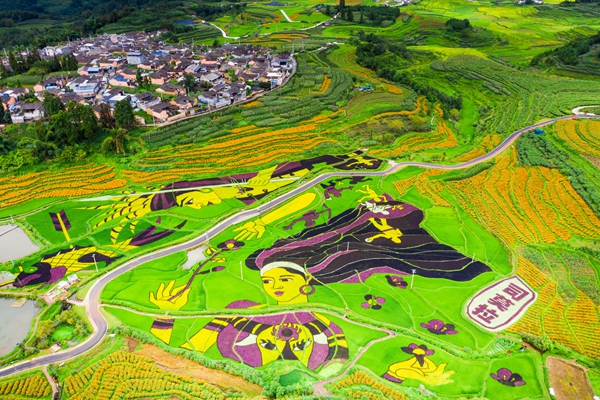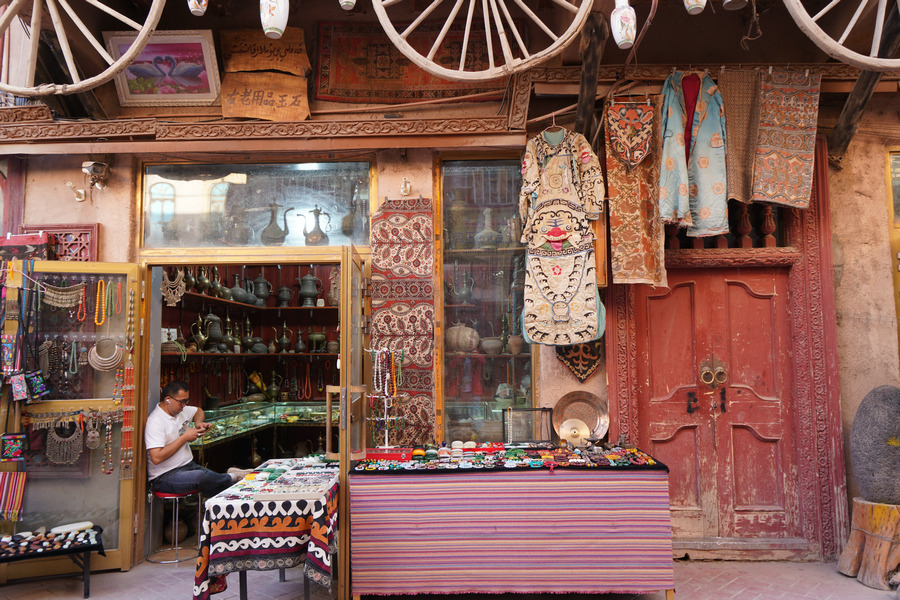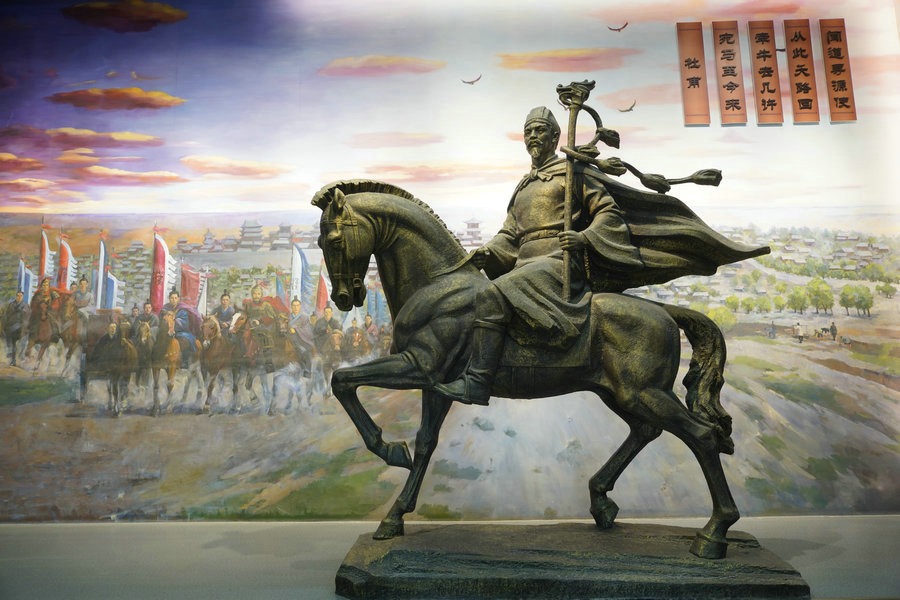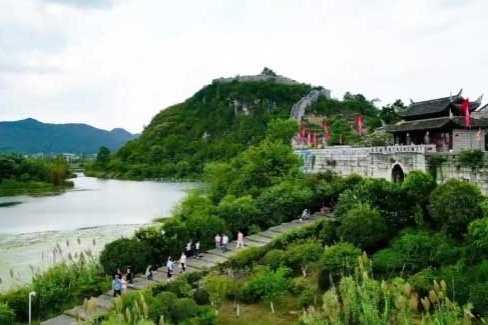Village nurtures prosperity


Zhao's experiences in big cities inspired him to recognize the potential in the pristine natural landscape and the charming folk customs of Simola.
"What it needed was an introduction of new concepts and more talent," Zhao explains.
Under the village authority's guidance, Zhao led a team of Party members and relatively educated villagers to give ethnic culture lectures and provide technical training sessions for cooking, tea rituals, crop planting and animal husbandry.
Those efforts have equipped local villagers with skills for a better future. In 2017, Simola was officially struck off the poverty list.
The local authority has invested 150 million yuan in turning the village into a national scenic spot.
Efforts have been made to integrate local agriculture with tourism and six industrial zones were set up, offering tea and ethnic cultural experiences, traditional Chinese medicine and agricultural experiences.
More than 14 kilometers of roads were paved and landscaping design was implemented, including the cultivation of more than 26 hectares of brightly colored rapeseed.
In June last year, a polychromatic rice paddy was built, becoming a tourism hot spot for urban travelers, especially those from downtown Tengchong.
These days, practically every household is adorned with lush green plants, both at the front and back, and spotless toilets that are linked to a modern sewage system.
An ethnic Va culture exhibition hall and tiered farmland sightseeing zone have also been added to enhance the experience of visitors.
About five months after Xi's 2020 visit, the village encouraged 73 rural households to join a tourism development cooperative. They have been given support to start up their small tourism-related businesses or engage in tourism infrastructure construction.
Meng Jialiu was one of the first to join the cooperative, which has allowed him to participate in the management of a rural restaurant that was built on part of his land.

































